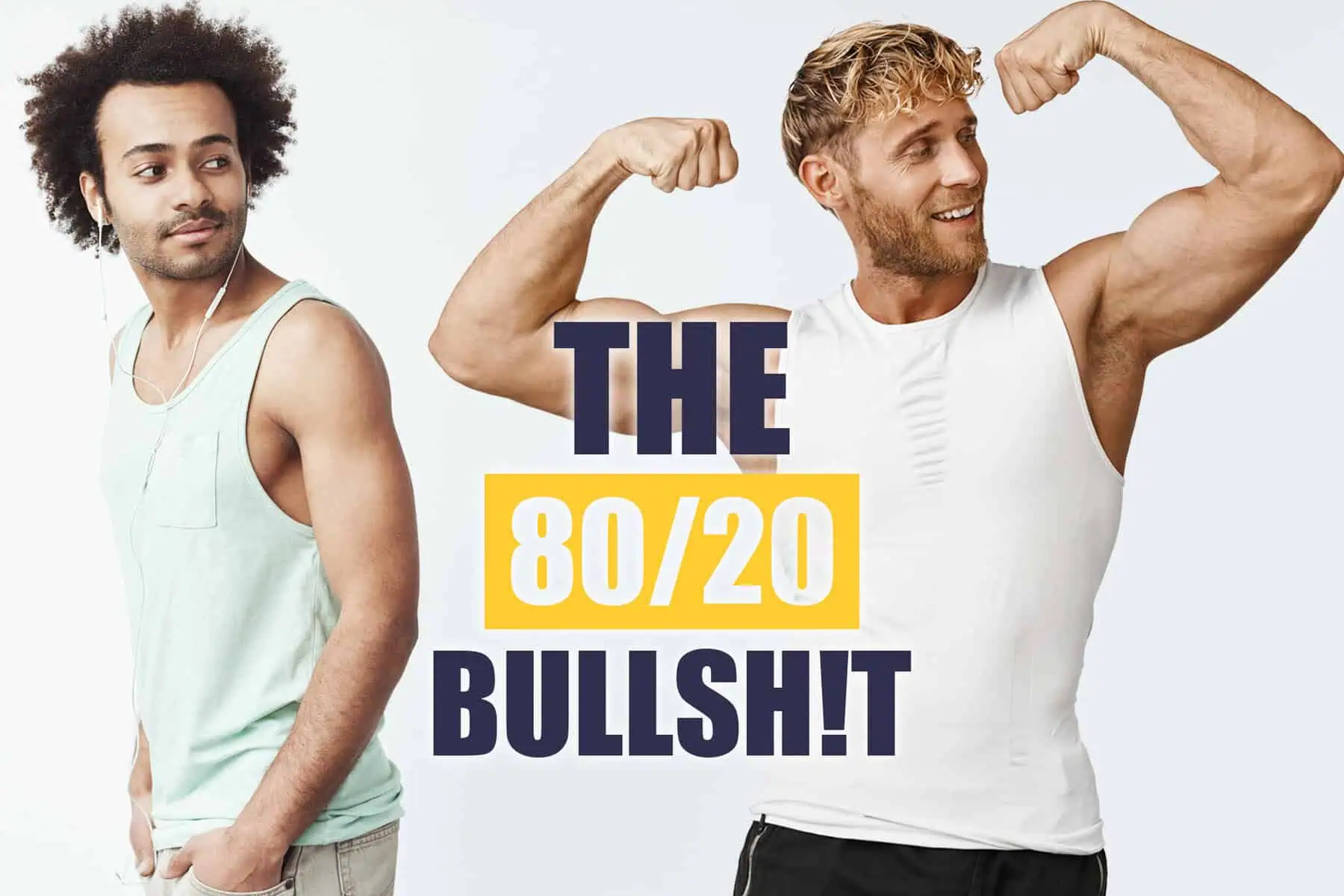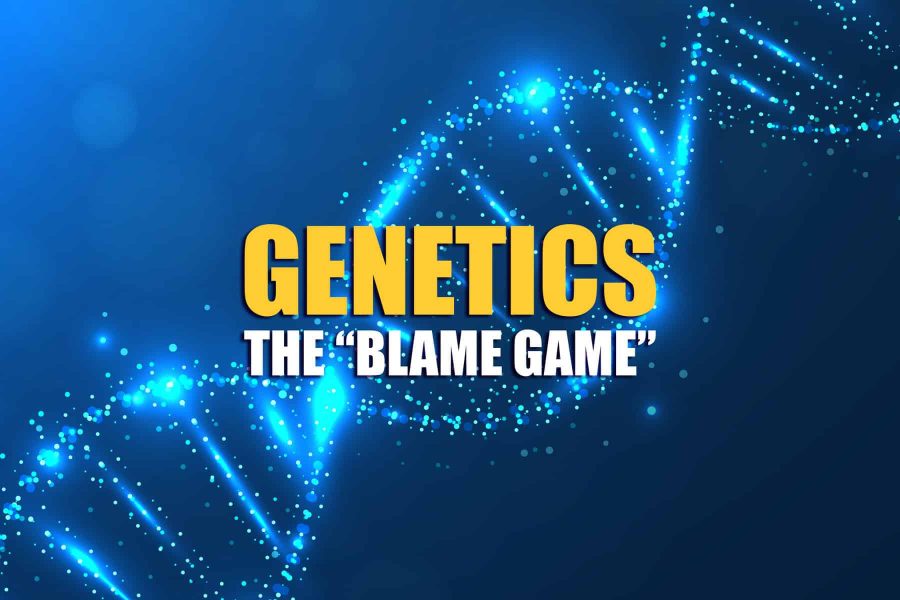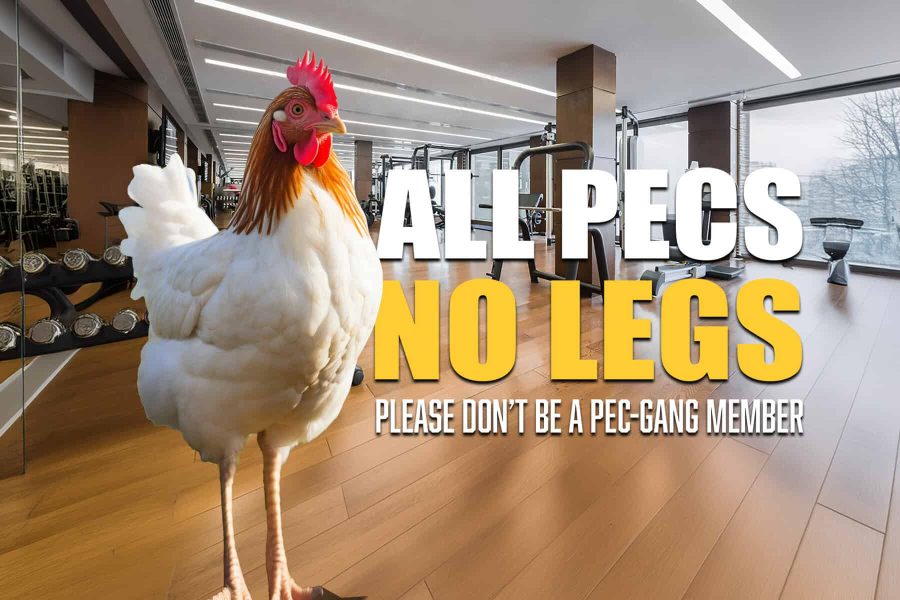Debunking the 80/20 Myth

You’ve probably heard it a million times: “80% diet, 20% exercise.” It’s a mantra repeated ad nauseam in the fitness industry, a golden rule that supposedly holds the key to weight loss and a sculpted physique. But let’s call a spade a spade: this is utter bullsh!t. It’s like saying a car runs on 80% engine and 20% wheels. Sure, the engine is important, but without those wheels, you’re going nowhere fast. Do you want your muscle-less body’s weight to mainly be your damn skeleton bones, or would you prefer to follow almost the same healthy diet, but make real muscles the weight of your body?
KEY TAKEAWAYS:
• Diet and exercise are equally important for overall health and body composition. The 80/20 rule is BS.
• Muscle growth requires both protein and resistance training. Diet provides the building blocks, while exercise stimulates muscle growth.
• Exercise offers numerous benefits beyond weight loss, including improved mental health, reduced risk of chronic diseases, and increased energy levels.
• Finding a balance between diet and exercise is key to long-term success. Enjoy the process and listen to your body.
The 80/20 rule has infiltrated our collective consciousness, creating a distorted perception of what it takes to achieve a healthy and attractive body. It’s time to shatter this myth and set the record straight. Diet is undoubtedly crucial, but it’s only half the equation. Exercise, and specifically resistance training, is the other, equally vital component.
The 80/20 Rule: A Critical Analysis
The 80/20 rule is a convenient oversimplification of a complex issue. It’s a catchy phrase that has stuck around because it’s easy to remember, not because it’s accurate. While nutrition plays a pivotal role in overall health and body composition, to suggest that it accounts for 80% of the results is misleading and downright demotivating.
Imagine spending countless hours meticulously planning your meals, depriving yourself of your favorite foods, and obsessing over every calorie, only to look in the mirror and see little to no change. It’s a recipe for frustration and burnout. The 80/20 rule can create a false sense of security, lulling people into believing that drastic dietary changes alone will magically transform their bodies. Spoiler alert: it won’t.
Let’s be clear: a poor diet can undoubtedly hinder your progress. But blaming your lackluster results solely on your diet is like blaming a flat tire on the car’s color. There are other factors at play, and exercise is a major one.
The Science Behind Muscle Growth
Let’s talk science. While a balanced diet provides the essential building blocks for muscle growth, it’s exercise, specifically resistance training, that creates the environment for those muscles to actually grow.
Protein, often hailed as the muscle-building champion, is undoubtedly important. It’s the raw material your body uses to repair and build new muscle tissue. But without the stimulus from resistance training, those protein molecules are just floating around aimlessly, like bricks without a builder.
When you lift weights or engage in other forms of resistance exercise, you’re creating tiny tears in your muscle fibers. These micro-tears are not injuries; they’re actually signals to your body that it needs to repair and strengthen those muscles. And that’s where protein comes in. Your body uses the protein you consume to rebuild those muscle fibers, but stronger and bigger this time.
It’s a beautiful dance between nutrition and exercise. One without the other is like trying to build a house with only bricks or only a blueprint. You need both to create something truly impressive.
So, the next time someone tells you that diet is 80% of the battle, politely correct them. It’s more like a 50/50 partnership. Both diet and exercise are essential for building muscle and achieving the physique you desire.
Exercise and Overall Health
Let’s talk about the bigger picture. While aesthetics are undoubtedly important to many, exercise offers a plethora of benefits that go far beyond a sculpted physique. It’s a cornerstone of overall health and well-being.
Regular physical activity is a potent weapon against chronic diseases such as heart disease, diabetes, and obesity. It boosts your mood, reduces stress, improves sleep, and even sharpens your cognitive function. Exercise is like a magic potion for your body and mind.
And let’s dispel a common myth: exercise isn’t just for weight loss. While it can certainly contribute to weight management, its impact on your overall health is far more significant. Building muscle mass increases your metabolism, helping you burn more calories even at rest. So, while looking good is a fantastic perk of exercise, it’s the underlying health benefits that truly make it indispensable. It’s time to shift the focus from solely chasing the number on the scale to embracing the transformative power of movement.
Finding the Right Balance
Everyone is unique, and what works for one person might not work for another. Metabolism, genetics, and lifestyle factors all play a role in determining your ideal diet and exercise regimen.
That being said, a balanced approach is key. Aim for a diet rich in whole foods, lean protein, healthy fats, and complex carbohydrates. Listen to your body and fuel it with what it needs to thrive. And when it comes to exercise, find activities you enjoy. Whether it’s hitting the gym, dancing, hiking, or playing sports, the important thing is to move your body regularly.
Forget about restrictive diets and grueling exercise routines. Sustainable fitness is about finding a lifestyle that you can stick with in the long run. Enjoy your food, enjoy your workouts, and celebrate your progress, no matter how small.
Remember, it’s not about perfection; it’s about progress. Embrace the journey, and don’t be afraid to experiment and find what works best for you.
Busting Common Myths
Let’s tackle some of the most pervasive diet and exercise myths. It’s time to set the record straight and equip you with the knowledge to make informed decisions.
Myth 1: Cardio is King for Weight Loss
While cardio is excellent for cardiovascular health, it’s not the sole determinant of weight loss. Strength training is equally important. Building muscle increases your metabolism, helping you burn more calories even at rest.
Myth 2: Low-Carb Diets are the Holy Grail
While reducing carbohydrate intake can be beneficial for some people, it’s not a one-size-fits-all solution. Extreme low-carb diets can lead to nutrient deficiencies and can be unsustainable in the long run. Focus on consuming whole, unprocessed carbohydrates like fruits, vegetables, and whole grains.
Myth 3: Spot Reduction is Possible
Targeting specific areas for fat loss, like your belly or thighs, is a popular myth. Unfortunately, it’s not how the body works. Fat loss is a whole-body process. Focus on overall body composition through a combination of diet and exercise.
Myth 4: You Need to Exercise Every Day
Rest is just as important as exercise. Overtraining can lead to injuries, burnout, and hinder your progress. Allow your body time to recover and rebuild.
Myth 5: Supplements Are Essential
A balanced diet should provide most of the nutrients you need. While supplements can be beneficial in certain cases, they shouldn’t replace whole foods. Consult with a healthcare professional before starting any new supplement regimen.
Remember, the fitness industry is full of misinformation. It’s essential to rely on credible sources and scientific evidence when making decisions about your health and well-being.
Conclusion
It’s time to ditch the 80/20 rule once and for all. This misleading oversimplification has done a disservice to countless individuals seeking to improve their health and fitness. The truth is, diet and exercise are inseparable partners in the pursuit of a strong, healthy, and visually appealing body.
By now, it should be clear that both nutrition and physical activity play equally critical roles in achieving your goals. While a balanced diet provides the essential building blocks, it’s exercise that stimulates muscle growth, boosts metabolism, and enhances overall well-being.
Remember, there’s no one-size-fits-all approach. The key is to find a balance that works for you. Experiment, listen to your body, and enjoy the process. Celebrate your progress, no matter how small, and don’t let the pursuit of perfection derail your journey.
So, the next time someone tries to convince you that diet is the ultimate determinant of your physique, politely correct them. Armed with knowledge and a balanced perspective, you’re empowered to create a healthier, happier, and more confident you. Let’s rewrite the rules and embrace the power of both diet and exercise. Your body will thank you.



